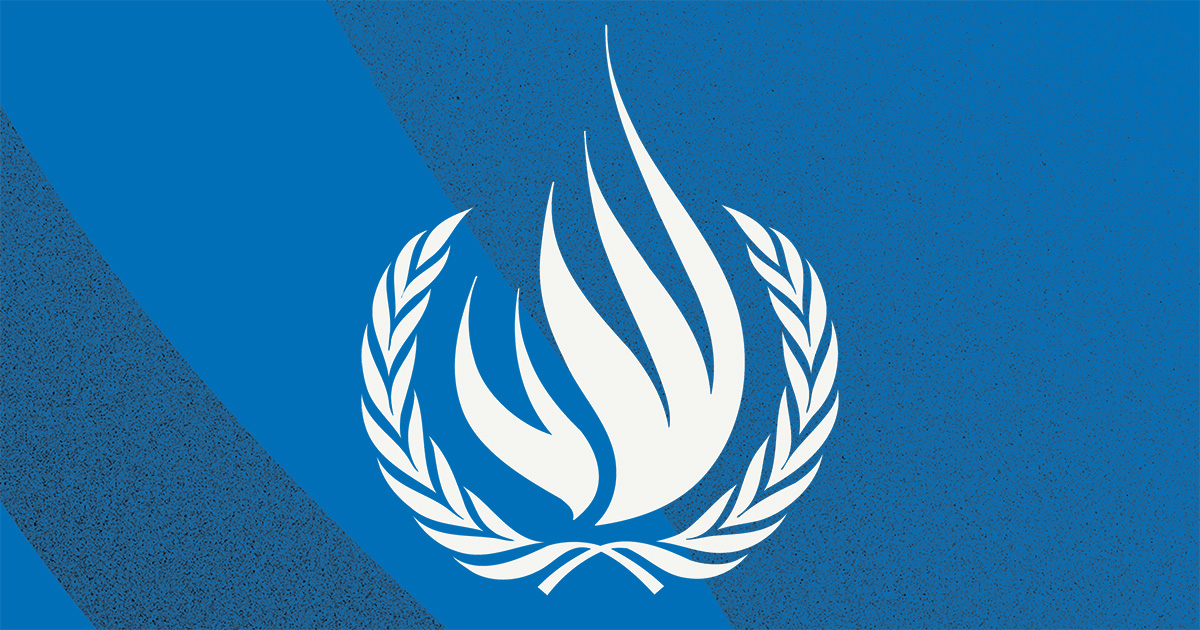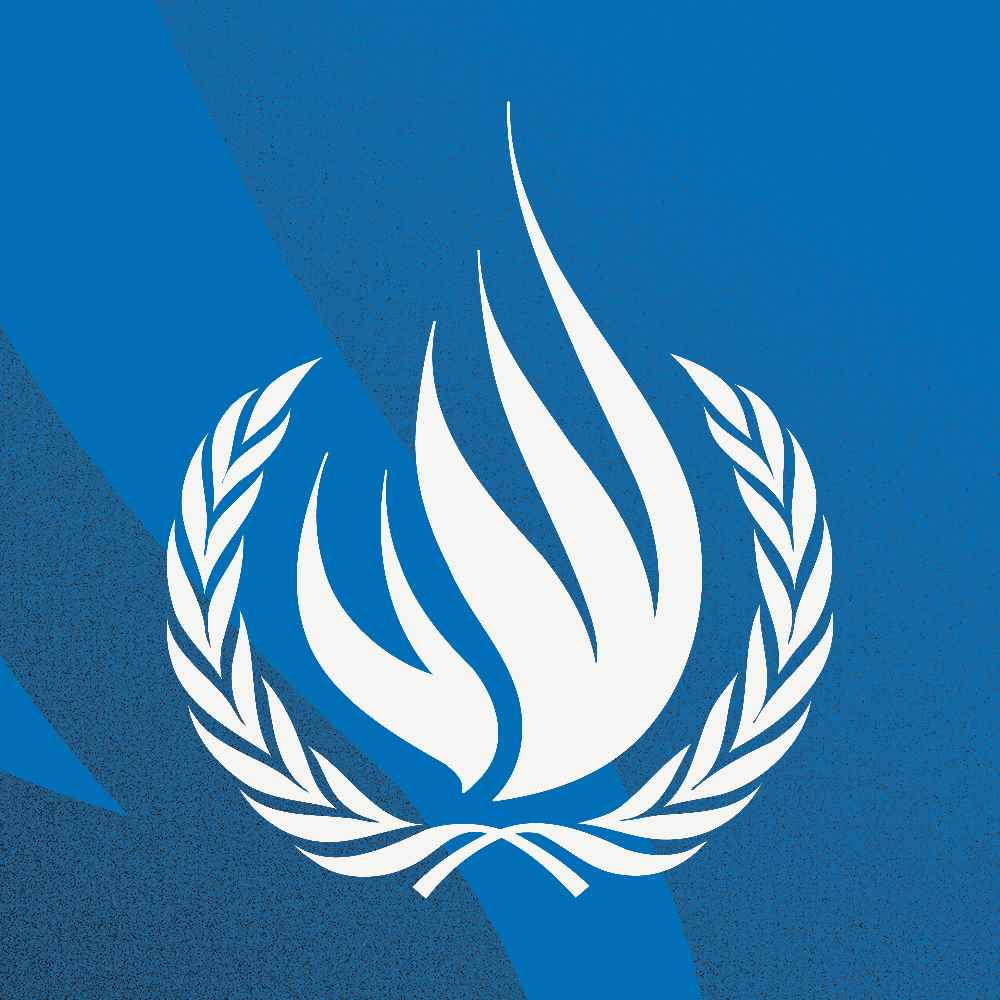
In the face of rising hunger and poverty, developing countries will continue their decades-long fight for a more just and equitable world, Cuban President Miguel Díaz-Canel Bermúdez told the UN General Assembly on Tuesday.
Speaking on behalf of the global South, he called for reforming international financial systems and ramping up support for sustainable development and climate action.
Cuba last week hosted the summit of the Group of 77 (G77) and China, the largest developing country organization at the UN, comprising more than 130 nations.
Diaz-Canel recalled that the bloc was established 60 years ago “to repair centuries of injustice and abandonment” and represents some 80 per cent of the global population.
G77 countries “do not only have the challenge of development; they also have the responsibility of modifying those structures which marginalize us from social progress and turn many peoples of the south into laboratories for renewed forms of domination,” he said, adding that “a new and more just global contract is imperative.”
The Cuban leader addressed stalled progress towards achieving the 17 Sustainable Development Goals (SDGs), a special focus of the UN General Assembly’s High-Level Week this year.
World leaders adopted the SDGs eight years ago as a blueprint for a better world, with promises that include ending poverty and hunger, ensuring all children have access to quality education, and protecting the natural environment by 2030.
With the deadline looming, “the panorama is bleak”, he said, noting that 800 million people are still going hungry while 760 million, two thirds of them women, do not know how to read or write.
Diaz-Canel stressed that the efforts of developing countries are not enough to make the goals a reality and must be supported by concrete actions to provide access to markets, fairer financing conditions, technology transfers and north-south cooperation.
“The G77 calls for rights and will continue to demand a profound transformation of the current international financial architecture because it is deeply unjust, anachronistic and dysfunctional, because it was designed to profit with the reserves of the south to perpetuate a system of domination that increases underdevelopment and replicates a pattern of modern colonialism,” he said.
Turning to the climate crisis, he criticized industrialized nations for failing to comply with their global commitments, including to mobilize $100 billion annually to assist developing countries with mitigation and adaptation.
He said the G77 will hold a Summit of Leaders of the South in the context of the COP28 UN climate conference in Dubai later this year.
“COP28 will show whether or not beyond speeches, there is a real political will on the part of developed nations to achieve the agreements required in this field that cannot be postponed for any longer,” he said.
The president also spoke against “unilateral coercive measures, euphemistically called sanctions” levied against Cuba and other nations, such as Venezuela, Nicaragua, Zimbabwe, Syria, the Democratic People’s Republic of Korea and Iran.
He denounced the 60-year “asphyxiating economic blockade” imposed against his country by the United States, calling it “absolutely unilateral and unjustified”. — UN News












